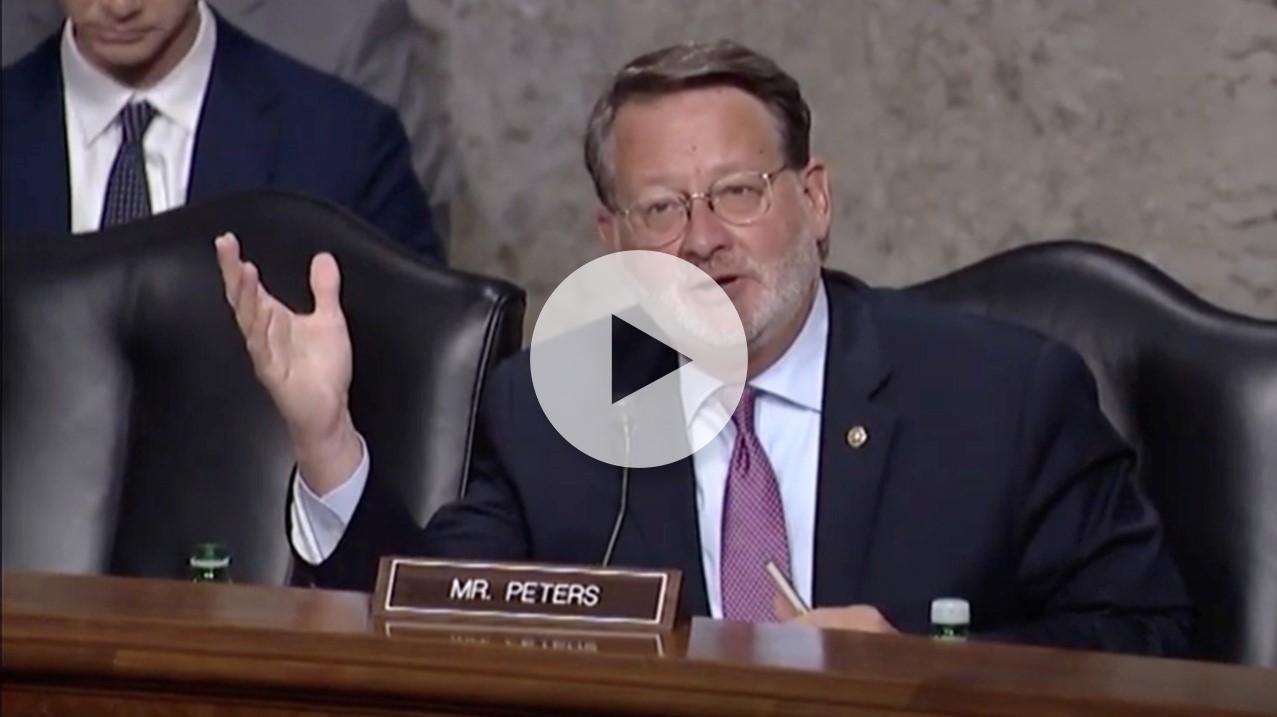Peters Announces Push to Improve Access to Broadband
Peters Highlights Need to Close Broadband Gap, Introduces Bipartisan Bill to Update Maps
WASHINGTON, DC - U.S. Senator Gary Peters (MI) highlighted the need to expand broadband services to communities in Michigan and throughout the country that do not have access. During a Senate Commerce Committee hearing on oversight of the Federal Communications Commission (FCC), Peters said that more must be done to expand access to broadband, particularly in rural areas. During his questioning, Peters announced that he has introduced bipartisan legislation to improve the accuracy of the FCC’s broadband availability maps by modernizing how broadband data is collected. As part of that effort, Peters also wrote to the FCC urging prioritization for colleges and universities that are providing broadband access to communities that need it most.
“Connecting a community to high-speed broadband opens new pathways for Michiganders to access educational resources, receive the health care they need or run a business,” said Senator Peters. “Right now, broadband availability maps do not accurately reflect the extent of broadband service in Michigan. By updating the FCC’s process for collecting broadband data, we can better assess broadband availability and close the digital divide in rural and urban communities across Michigan and our country.”

Video of Senator Peters’ remarks during the Commerce Committee hearing can be watched by clicking here.
The Broadband Deployment Accuracy and Technological Availability (DATA) Act would require the FCC to collect granular service availability data from wired, fixed wireless, and satellite broadband providers, and set strong parameters for service availability data collected from mobile broadband providers to ensure accuracy. Additionally, the bill would request that the FCC consider whether to collect verified coverage data from state, local, and tribal governments, as well as from other entities, and introduce a new process for consumers, state, local, and Tribal governments, and other groups to challenge FCC maps with their own data.
The bill is supported by the Rural Broadband Association, the United States Telecom Association, the Internet & Television Association and the Competitive Carriers Association.
In his letter to FCC Chairman Ajit Pai, Peters voiced his opposition to the FCC’s consideration of the release of broadband services reserved for educational institutions to commercial entities. Additionally, Peters expressed his concern regarding the lack of new waivers granted to colleges and universities to authorize the installation of new broadband services, which often has helped provide high-speed internet connections to underserved communities.
###